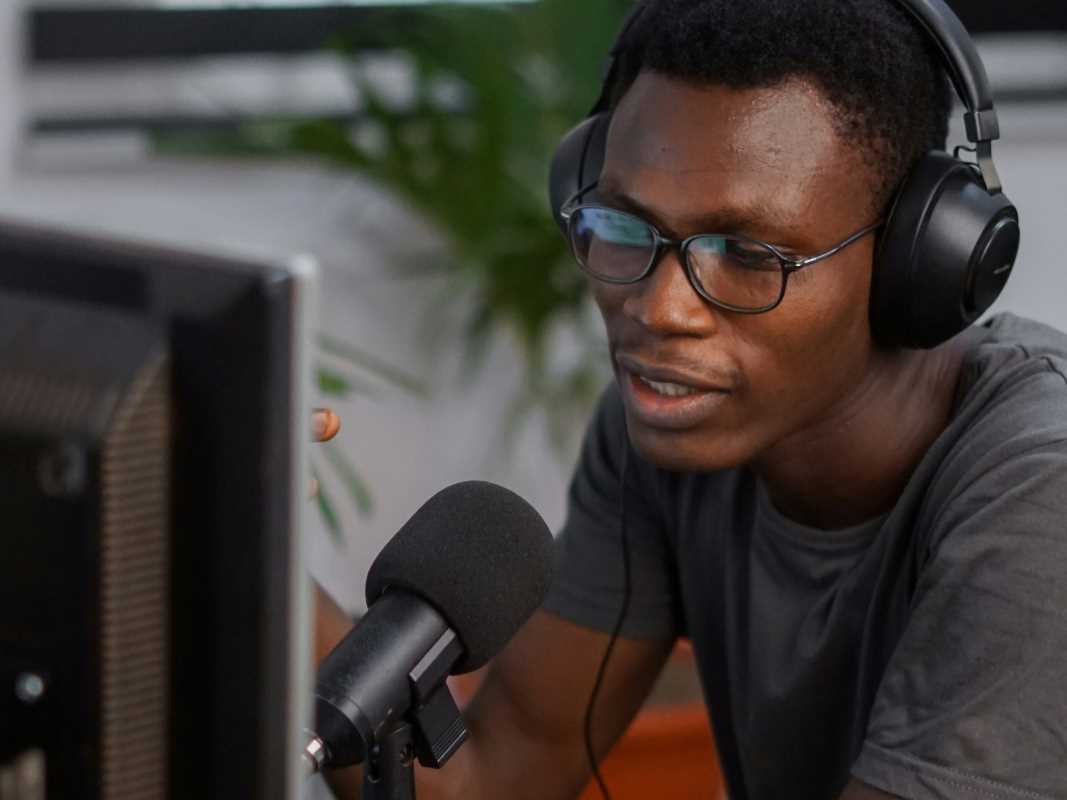Remember when your mom told you to practice piano because it would make you smarter? Well, it turns out she was onto something big. Playing music doesn't just make you the life of the party or help you impress people at gatherings – it actually rewires your brain in ways that can boost your memory, sharpen your focus, and even help you handle stress better.
Whether you're picking up a guitar for the first time at 45 or dusting off that old drum kit in the garage, making music is like hitting the gym for your brain. And the best part? You don't need to become the next rock star to cash in on these benefits.
Your Brain on Music: The Ultimate Workout
Think of playing music as cross-training for your mind. When you sit down at a piano or pick up a guitar, you're not just moving your fingers – you're firing up multiple brain regions at once. It's like doing squats, bench presses, and cardio all at the same time, but for your neurons.
Scientists have discovered that musicians have larger motor cortex areas (the part that controls movement) and more connections between the left and right sides of their brains. It's as if playing music builds superhighways in your head, allowing information to travel faster and more efficiently.
Dr. Charles Limb, a neuroscientist at Johns Hopkins, put jazz musicians in MRI machines and watched their brains light up like Christmas trees while they played. The results were stunning – areas responsible for creativity, language, and motor control all worked together in perfect harmony.
Memory Gets a Major Upgrade
Ever walk into a room and forget why you went there? Join the club. But here's some good news: playing music can help sharpen your memory in ways that might surprise you.
When you learn a song, you're essentially creating a complex filing system in your brain. You've got to remember chord progressions, timing, dynamics, and how all these pieces fit together. This process strengthens your working memory – the mental notepad you use to hold information while you work with it.
Take John, a 52-year-old accountant who started learning bass guitar. Within six months, he noticed he could remember phone numbers better and rarely forgot where he put his keys. That's not coincidence – that's his brain building stronger memory networks.
Musical training also boosts something called "auditory memory." This helps you process and remember spoken information more effectively. So those work meetings where someone rattles off a bunch of numbers? You'll be more likely to catch and remember them.
Stress Relief That Actually Works
Let's face it – middle age comes with its fair share of stress. Work pressure, family responsibilities, health concerns, and that nagging feeling that time is flying by. Playing music offers a unique escape valve that's more effective than scrolling through your phone or binge-watching Netflix.
When you play music, your brain releases dopamine – the same feel-good chemical you get from eating chocolate or exercising. But unlike those temporary highs, music-making creates lasting changes in how your brain handles stress.
Research shows that people who play instruments have lower levels of cortisol, the stress hormone that can wreak havoc on your body over time. High cortisol levels are linked to everything from weight gain to sleep problems to weakened immune systems. Playing music helps keep this troublemaker in check.
Mark, a construction manager from Phoenix, started playing harmonica during his lunch breaks. "It's like meditation, but fun," he says. "After 20 minutes of playing, I feel like I've reset my whole day."
Focus and Attention Get Sharper
In our world of constant notifications and distractions, maintaining focus has become a superpower. Playing music is like boot camp for your attention span.
When you're playing an instrument, you can't multitask. You have to be present, focused, and engaged. This trains your brain to sustain attention for longer periods, a skill that carries over into other areas of your life.
Studies show that musicians perform better on tasks that require sustained attention and are less likely to be distracted by irrelevant information. That means you'll be better at focusing during long work meetings, reading reports, or tackling complex projects.
Social Connections and Confidence
Here's something they don't tell you in the research papers: playing music can seriously upgrade your social life. Whether you join a community band, start jamming with neighbors, or just play guitar around the campfire, music creates instant connections with people.
There's something magical about making music with others. It requires listening, cooperation, and nonverbal communication – skills that strengthen relationships both on and off the stage. Plus, there's nothing quite like the confidence boost you get from nailing a difficult piece or getting applause after a performance.
Dave, a 48-year-old insurance agent, joined a community jazz ensemble two years ago. "I've made more genuine friendships through that band than I have in years," he says. "When you're making music together, age, job title, and all that other stuff just melts away."
It's Never Too Late to Start
If you're thinking, "This all sounds great, but I'm too old to learn an instrument," stop right there. Your brain remains plastic throughout your life, meaning it can still form new connections and pathways well into your golden years.
Adult beginners often progress faster than children because they have better focus, more patience, and clearer goals. You don't need perfect pitch or natural rhythm – you just need curiosity and the willingness to practice.
Start small. Maybe it's 15 minutes of guitar practice three times a week, or learning simple songs on a keyboard. The key is consistency, not perfection.
 (Image via
(Image via





